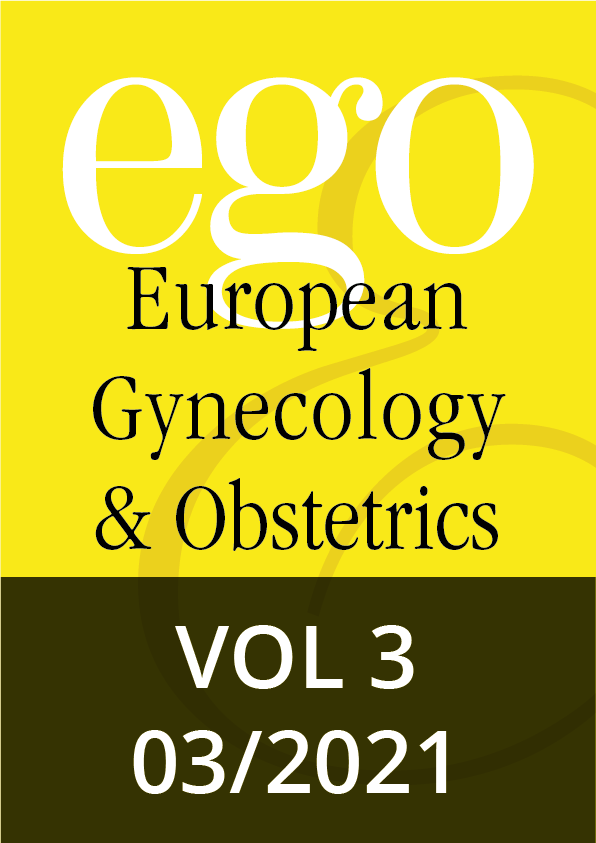Meta analysis, 114–124 | DOI: 10.53260/EGO.213031
Short reviews, 125–128 | DOI: 10.53260/EGO.213032
Case reports, 129–132 | DOI: 10.53260/EGO.213033
Case reports, 133–135 | DOI: 10.53260/EGO.213034
Case reports, 136–139 | DOI: 10.53260/EGO.213035
Case reports, 140–145 | DOI: 10.53260/EGO.213036
Original paper, 146–150 | DOI: 10.53260/EGO.213037
Original paper, 151–154 | DOI: 10.53260/EGO.213038
Risk factors for postpartum diabetes mellitus in Japanese patients with gestational diabetes mellitu
Original paper, 155–161 | DOI: 10.53260/EGO.213039
Mandibulofacial dysostosis with microcephaly syndrome diagnosed by prenatal exome sequencing: a case report
Abstract
Mandibulofacial dysostosis with microcephaly (MFDM) is a rare gene deletion syndrome caused by a heterozygous pathogenic variant or deletion in the EFTUD2 gene. Typical features described in affected patients include developmental delay, microcephaly, micrognathia, malar hypoplasia, esophageal atresia and congenital heart disease, among others. We report a case that was diagnosed in a fetus at 34 weeks of pregnancy. Obstetric ultrasounds performed in a 42-yearold patient revealed multiple anomalies suggestive of a genetic disorder from the first weeks of the second trimester, but prenatal genetic tests (quantitative fluorescent polymerase chain reaction, karyotype and microarray) were normal. Sequencing of a prenatal exome from a sample obtained by amniocentesis revealed the c.146_168del variant in EFTUD2, a finding compatible with MFDM. After receiving a post-test genetic counseling session, the patient requested termination of the pregnancy. In addition to describing this case, we review current literature regarding prenatal exome sequencing.
Keywords: genetic counselling., Genetic disorder, pregnancy termination, prenatal diagnosis
Citation: Feliu S.,Palacios G.,Clua E.,Prats P.,Albaigés G.,Rodríguez A.,et al. Mandibulofacial dysostosis with microcephaly syndrome diagnosed by prenatal exome sequencing: a case report, EGO European Gynecology and Obstetrics (2021); 2021/03:140–145 doi: 10.53260/EGO.213036
Published: September 1, 2021
ISSUE 2021/03

Meta analysis, 114–124 | DOI: 10.53260/EGO.213031
Short reviews, 125–128 | DOI: 10.53260/EGO.213032
Case reports, 129–132 | DOI: 10.53260/EGO.213033
Case reports, 133–135 | DOI: 10.53260/EGO.213034
Case reports, 136–139 | DOI: 10.53260/EGO.213035
Case reports, 140–145 | DOI: 10.53260/EGO.213036
Original paper, 146–150 | DOI: 10.53260/EGO.213037
Original paper, 151–154 | DOI: 10.53260/EGO.213038
Risk factors for postpartum diabetes mellitus in Japanese patients with gestational diabetes mellitu
Original paper, 155–161 | DOI: 10.53260/EGO.213039
